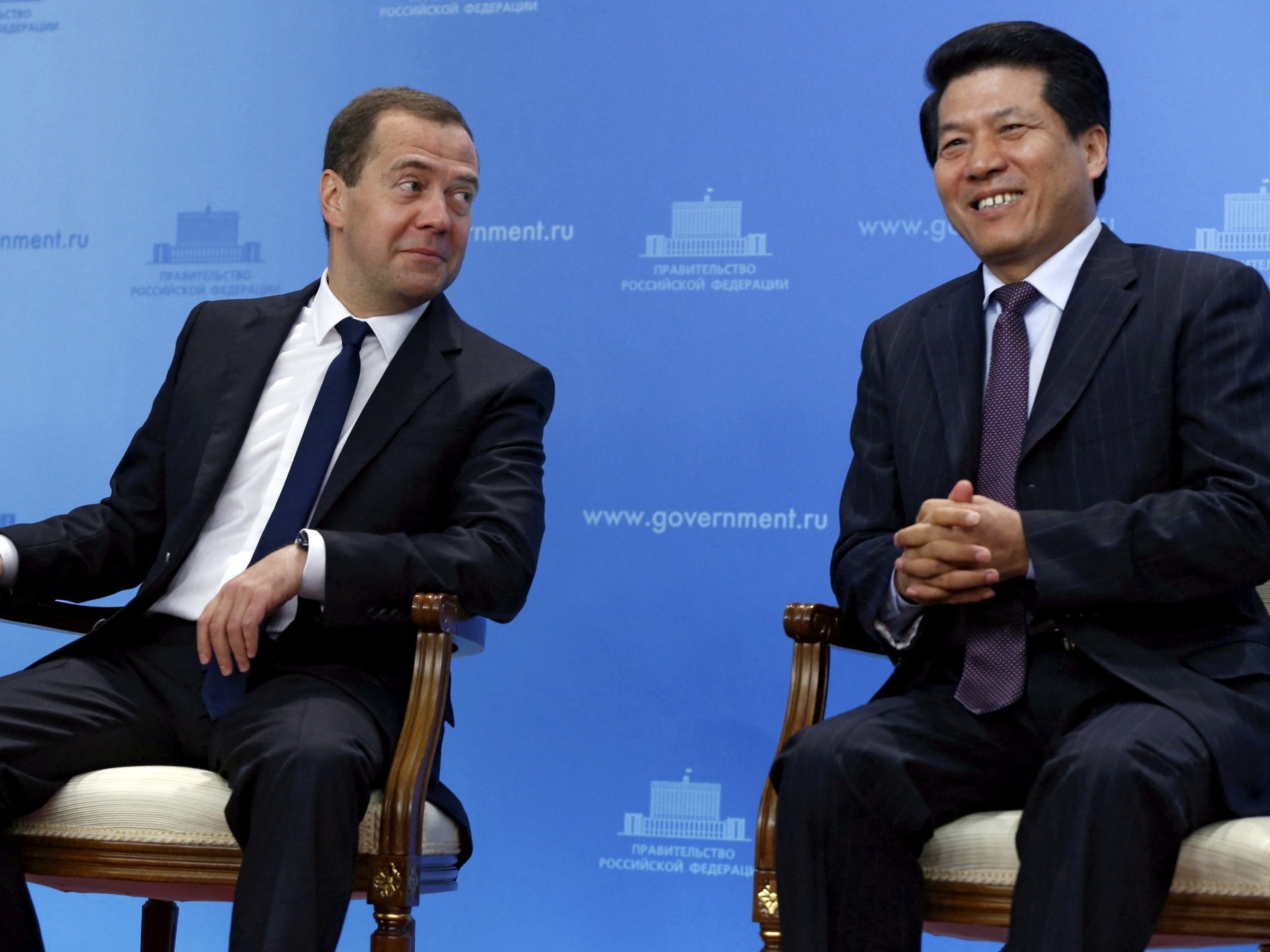The EU acquis and the Annan plan
What does the Greek/Greek Cypriot side mean by citing the EU acquis?
As you might remember, a few months ago in a strategic research journal called Pacis that was distributed at a meeting I attended in Athens, it was noted that any special protection privileges, described as "derogation", granted to Turkish Cypriots in the Annan plan would be eliminated by the EU acquis and that the entire island of Cyprus would be controled by the Greek Cypriots.
These "derogations" are, in summary, the limit placed on the maximum number of Greek Cypriots to move to the north, the limitation of the percentage of lands to be returned to Greek Cypriots, the Greek Cypriots who move to the north to participate in elections in the south and the need for a minimum number of Turkish members in the Senate and in the government approve important decisions. These articles which aim to protect Turkish Cypriots actually violate the EU acquis that seeks unlimited freedoms.
When Greek/Greek Cypriots insist on the Annan plan to conform to the EU acquis, what they really want is no limitations puti n the number of Greek Cypriots moving to north, Greek Cypriots being able to recover all their properties, Greek Cypriots, who move to north, being able to practice their political rights there and legislative and executive powers being under the dominance of the Greek Cypriot majority. In other words, they want to obtain what they failed to achieve through force in 1963 by adapting the Annan plan to the EU acquis. And they call this participating in the negotiations with good will.
And our media, with its enormous intellect, translates the word "accommodate" that appears in a sentence in the Annan plan, as "to adapt the Annan plan to the EU acquis" and, without knowing, is helping this policy.
Actually, the legal mechanisms that prevent the removal of the few relatively modest clauses in the Annan plan that protect the Turkish Cypriots are weak. The Greek/Greek Cypriot side might be even getting its courage from this fact.
Firstly, in the Annan plan, there is a statement saying the solution not being contrary to the, "principles that the EU is built on." This statement alone can provide enough ground for the protective clauses to be taken to Luxemburg Council of Justice for annulment. This statement has to be removed from the plan in order to eliminate that possibility.
Secondly, the protocol attached to the Annan plan for the approval of the EU, does not include all of the clauses that protect the Turkish Cypriots. This protocol should be amended in order to make these exceptions more binding.
However, most importantly, the Annan plan should be included in the EU acquis as a primary law after it is accepted at the referenda. For this, the "founding agreement" and its attachments — Federal Constitution, federal laws, cooperation agreements, the map and the property section after its acceptance at the referenda — should have been approved by the parliaments of the 15 members of the EU, as attached to the "accession treaty."
However, the delay in reaching a solution caused the parliaments of the EU member countries to approve the "accession treaty" without the "founding agreement."
The EU, in the protocol approved at the Thessaloniki summit, sees the "founding agreement" being included in the EU acquis by a EU council decision as a possible solution. Under these conditions, the "founding agreement" will not be a primary law and it will be possible for it to be annuled by the acquis in the future.
Now, the only way is for the parliaments of the EU member countries to approve the "founding agreement" after it is accepted at the referenda. This will take approximately two years. In other words, even if everything is completed by May 1, Turkish Cypriots will not immediately become members.
People might say, "If we had solved the issue last year, we would not be facing this problem right now." That right. If Annan had not forced the two sides to accept the latest version of the plan without any negotiations, we would not be facing this problem.
Maybe the EU lawyers will fid a miracle solution to this problem.



